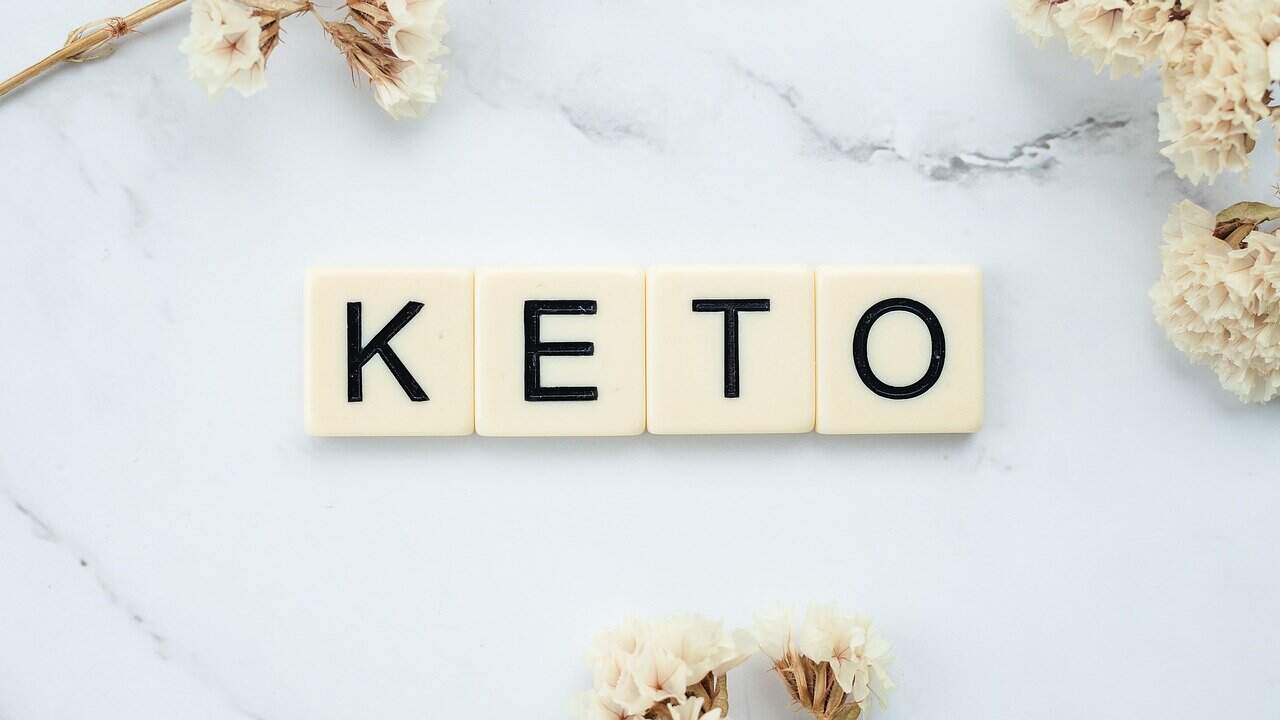Keto-Friendly Fruits and Vegetables: Your Key to Success on a Keto Diet
Estimated reading time: 5 minutes
- Learn which fruits and vegetables are keto-friendly.
- Discover the importance of low-carb options for maintaining ketosis.
- Find out the best strategies for incorporating these foods into your diet.
Table of Contents
- The Importance of Choosing the Right Fruits and Vegetables on a Keto Diet
- Keto-Friendly Fruits
- Keto-Friendly Vegetables
- Practical Takeaways for Your Keto Journey
- Conclusion: Embrace Keto-Friendly Foods
- FAQ
The Importance of Choosing the Right Fruits and Vegetables on a Keto Diet
When embarking on a keto journey, understanding which fruits and vegetables are appropriate is essential. The keto diet’s fundamental principle is to achieve a state of ketosis, where the body burns fat for fuel instead of carbohydrates. This metabolic shift can be supported by selecting low-carb options that still provide essential nutrients.
A well-planned keto diet can lead to effective weight loss, but incorporating the right foods is key. According to Healthline, choosing low-carb fruits and vegetables helps individuals maintain a ketogenic state, manage hunger, and benefit from a variety of vitamins and minerals.
Keto-Friendly Fruits
Surprisingly, not all fruits are off-limits on the keto diet. Here’s a list of fruits you can enjoy in moderation:
1. Avocado
Technically classified as a fruit, avocados are a stellar option for keto dieters. With only about 2.8 grams of net carbs per medium avocado, they offer a hefty dose of healthy monounsaturated fats alongside vitamins and minerals. Whether sliced on salads or blended into smoothies, avocados can enhance flavor while keeping carb counts low.
2. Tomatoes
With a refreshing taste and versatile use in many dishes, tomatoes can be used freely in your keto meals. They contain roughly 5 grams of net carbs per cup and are rich in antioxidants, making them an excellent addition to salads, sauces, and more.
3. Lemons
Adding a burst of flavor without hefty carb counts, lemons can be included in moderation. They are low in carbs and provide a vitamin C boost, enhancing your overall nutritional intake while on a keto diet.
4. Berries
Berries, such as strawberries, raspberries, and blackberries, are relatively low in carbs and high in fiber. A serving of strawberries contains about 8 grams of net carbs per cup, while raspberries and blackberries have slightly fewer. Berries can be an excellent way to satisfy sweet cravings while remaining keto-friendly.
5. Plums and Kiwi
These fruits are higher in carbs but can be integrated into your diet in small portions. For instance, a kiwi typically contains about 12 grams of net carbs per cup, so moderation is essential. Enjoy them as occasional treats rather than staples.
Keto-Friendly Vegetables
When it comes to vegetables on a keto diet, aim for those that are low in carbohydrates. Here are some exceptional options:
1. Leafy Greens
Spinach, kale, and arugula are practically carb-free and loaded with essential nutrients. These greens are rich in vitamins like vitamin K and iron, providing a healthful base for various dishes.
2. Summer Squashes
Zucchini and yellow squash are incredibly versatile, perfect for making dishes like zucchini noodles. Both options are low in carbs, allowing you to enjoy hearty meals without compromising your keto goals.
3. Cauliflower
Cauliflower has risen in popularity as a low-carb alternative to grains. With a minimal carb count, it can be turned into cauliflower rice, mashed potatoes, or even pizza crust, making it a staple in keto kitchens.
4. Cucumber
The high water content in cucumbers makes them hydrating and refreshing, with very low carbohydrate impact. They can be enjoyed in salads, smoothies, or as a crunchy snack.
5. Broccoli and Asparagus
Both broccoli and asparagus are not only low in carbs (about 4 grams of net carbs per cup) but also packed with fiber, which can help manage hunger. Incorporating these vegetables into your meals boosts nutrient intake and complements your weight-loss efforts.
Practical Takeaways for Your Keto Journey
To successfully incorporate keto-friendly fruits and vegetables into your diet, keep these guidelines in mind:
- Carbohydrate Limitation: Aim for fewer than 20 grams of net carbs per day for strict keto adherence. This restriction may vary depending on individual calorie needs.
- Emphasize Healthy Fats: Increase your fat intake from sources like avocados, olive oil, and nuts, which are integral to a successful keto diet.
- Balance Your Protein: Ensure you consume adequate protein to promote muscle health without consuming so much that it disrupts ketosis.
Conclusion: Embrace Keto-Friendly Foods
Incorporating keto-friendly fruits and vegetables into your diet does not have to be daunting. With options like avocados, tomatoes, and leafy greens at your disposal, you can enjoy variety while maintaining your dietary goals. The world of keto is rich with flavors and possibilities, and with the right knowledge, you can indulge in delicious meals that nourish your body.
If you’re looking for more tips, recipes, or insights, check out our other blog posts on the Keto On A Budget website. Your journey to weight loss on the keto diet can be enjoyable and fulfilling—let us help you every step of the way!
Disclaimer: Always consult with a healthcare professional before starting any new diet to ensure it is appropriate for your individual health needs.
FAQ
1. Can I eat fruits on a keto diet?
Yes, certain fruits like avocados and berries are keto-friendly when eaten in moderation.
2. What are the best vegetables for a keto diet?
Leafy greens, cucumbers, cauliflower, and zucchini are excellent low-carb vegetable options.
3. How many net carbs should I aim for on keto?
Most ketogenic diets recommend limiting net carb intake to under 20 grams per day.
